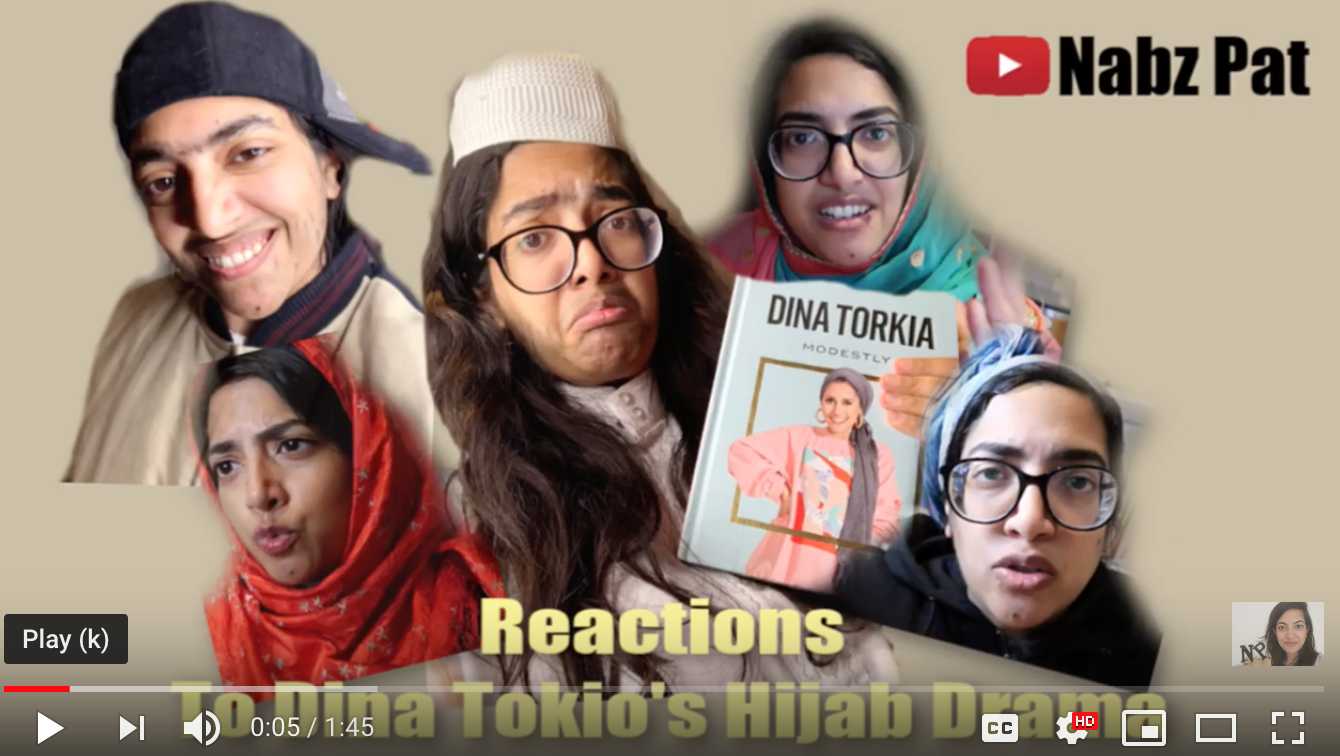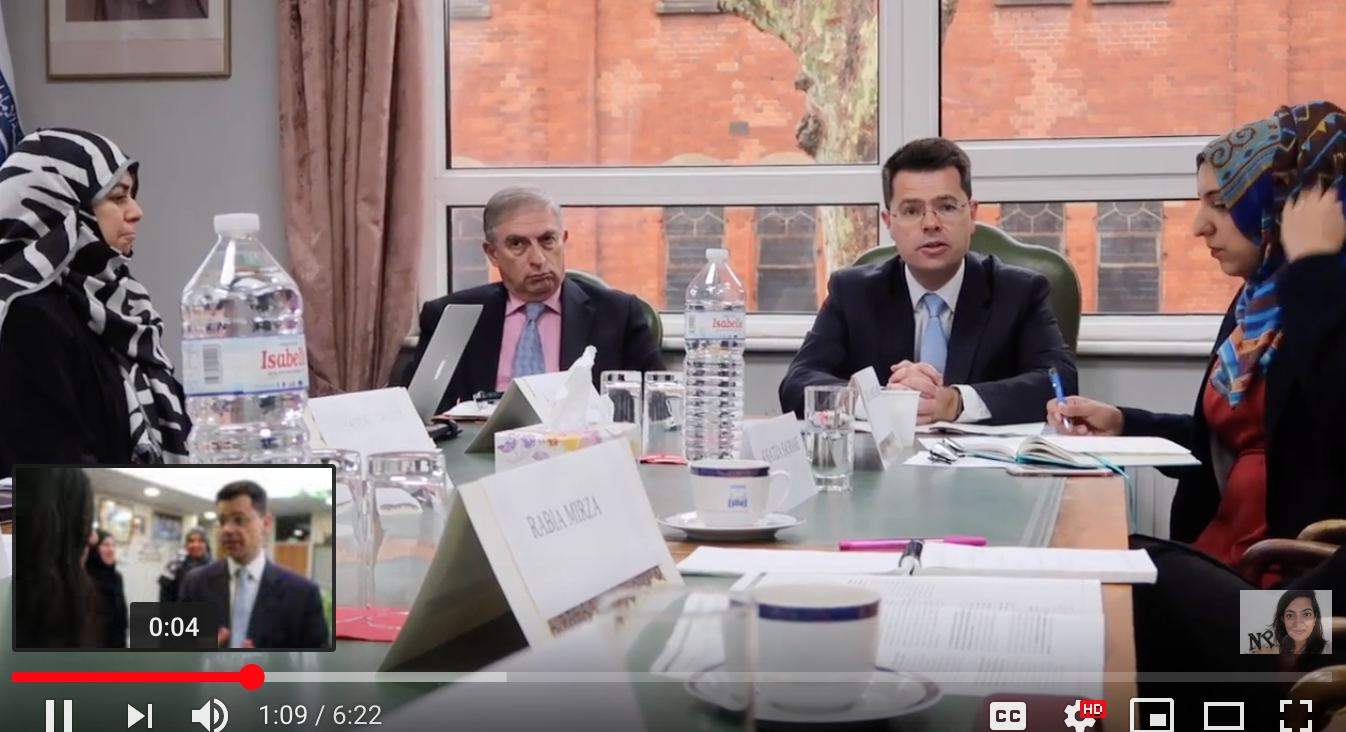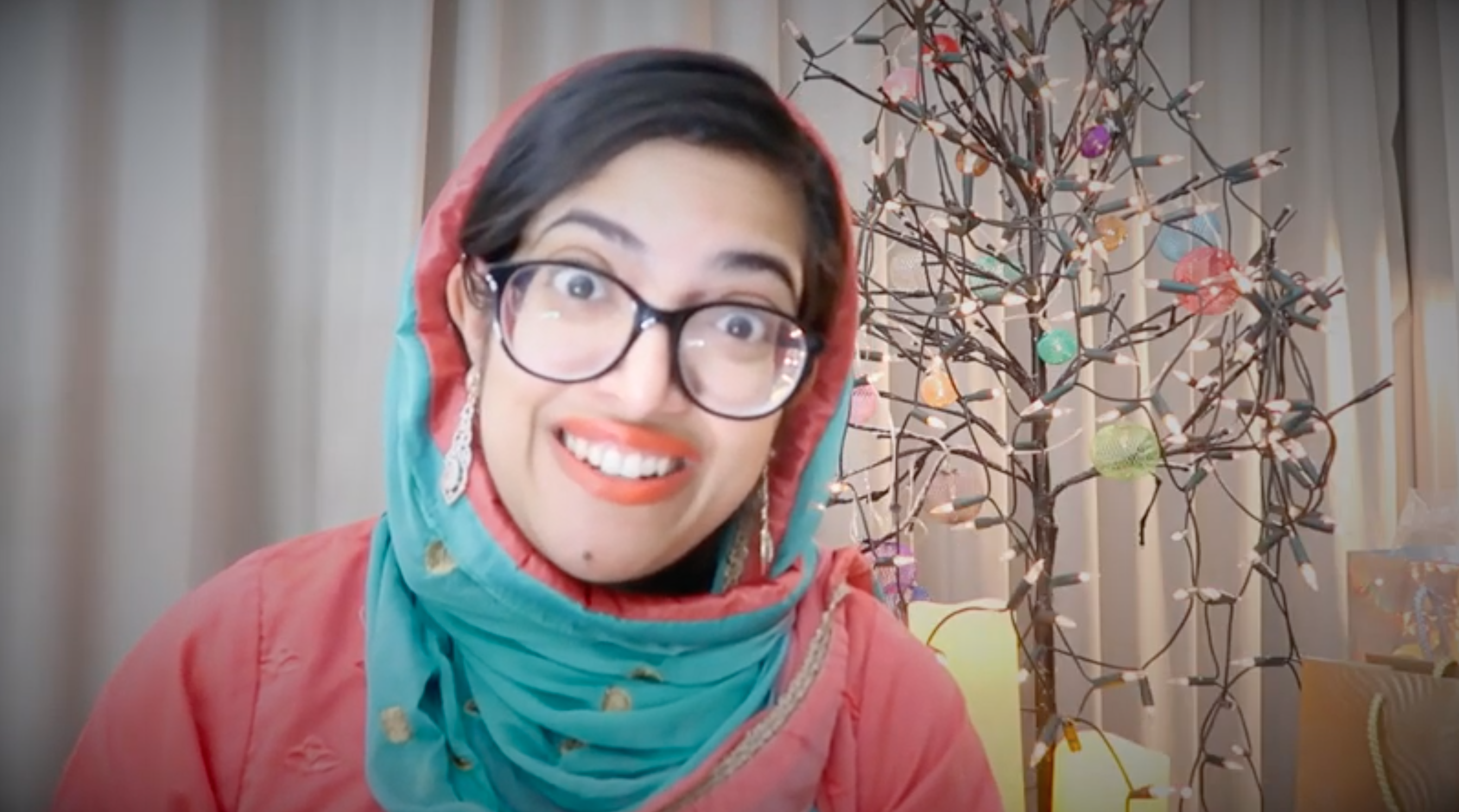The British Indian Muslim reminds one of a Matryoshka assembly, a nesting of several closely related, yet discrete, wholes. The category, on the one hand, invokes the history of South Asian Muslims under the British crown from 1858 until 1947. On the other, it is associated with India as the pivotal port of departure of South Asian postcolonial migration, alongside East Africa, Pakistan, Sri Lanka, and Bangladesh. Here the Indian Muslim could well be the innermost, as diminutive and hidden. It is in the temporal relay and political shifts represented by the innermost and the outermost shell of the Matryoshka that I propose the exceptionalism of the British Indian Muslim. With race, migration, and colonial nostalgia central to the Brexit rhetoric (Burrell and Hopkins 2019), how does the colonial past of Indian Muslims constitute their diasporic present? If one could excavate the layers of political experience congealed in the citizen category of the British Indian Muslim, what narratives might they reveal of sovereignty, democracy, and a political community?
The online practice of Nabila Pathan, a cultural producer of Indian Muslim heritage, whose videos have a distinct political sensibility and a responsiveness to the online Muslim public sphere (Bunt 2018) offer a starting point. Born and raised in London, Pathan has a growing social media presence as “Nabz Pat” with a five-thousand-strong following on Instagram and a thousand-plus subscription on YouTube. Her satirical take on the South Asian Muslim experience in Britain has seen more than three dozen comedy-vlogs and nearly two dozen travel-vlogs or video travelogues. Pathan discursively performs an immigrant and racialized citizenship through multiple versions of British Indian Muslim femininity, British Indian Muslim masculinity, and transnational political shifts. Scripted around multiple characters reacting to their environment as British Muslims, these are all played by Pathan responding to the “intense global scrutiny” her generation has grown up under (Janmohammad 2016) since the 9/11 attacks. Her assembly of five characters capture the Matryoshka quality of the British Indian Muslim: Aunty Shagufta is a Pakistani matriarch; Mo is the unemployed son of Aunty Shagufta; fashionista Nabzy is Mo’s girlfriend/wife from Bangladesh; Nabila, the hijabi political activist, is most likely from Bombay; and Abdul is a young Gujarati who aspires to be an Islamic pop music artist (Fig 1). Pathan enacts each of these roles that cut across generations and gender, though the unity of the performer across these roles is never effaced. That she has contemplated making them a family and that the plots do not follow a linear temporal structure–but move back and forth–suggests that a deeper history of British Indian Muslims underpins Pathan’s practice.

Figure 1. Nabz Pat’s five characters
Abdul’s letter to Boris Johnson
Pathan’s conservative Muslim takes the form of the traditionally attired Abdul who belts out Islamic versions of global pop hits. Playing out the “quirks that come with conservative characters,” his Gujarati roots suggest a complicated itinerary of migration from India via the East African coast to North England. In a 2019 interview with me, Pathan described him to me as someone “sent to Islamic [school], good hearted” and went on to say, “I use him as a vehicle to challenge the wider narrative against Muslims and the South Asian community–but also to express the struggles that occur within the community.”
Pathan’s most watched video, one that has nearly ten thousand views, features Abdul’s spirited but parodic defense of Nouman Ali Khan, an Islamic preacher accused of sexual harassment and abuse of power. The conservative Abdul tends to take everything to an extreme when possible, and this tendency is the dramatic premise of the “Letter Box Fitna” (Letter Box Seduction) vlog. Nabila’s characters develop through their reactions to political issues, and this time the inspiration came from the August 2018 comments of Britain’s new prime minister Boris Johnson. While disagreeing with Denmark’s ban on burqas, the conservative leader facetiously compared women in burqas with “letter boxes” and “bankrobbers.” The statement created wide consternation, including from within the Tory establishment, but also elicited support from a certain imam, Dr. Taj Hargey of the Oxford Islamic Congregation. In this minute-long video, modesty-abiding Abdul takes the farce of look-alikes a step further as he now finds trouble in looking at letter boxes, sexualized as they are by association. Standing at a nondescript London road (near Stratford) and holding a black umbrella, Abdul conducts a monologue over performance anxieties with a red-colored letter box.
To think yeah, the number of times I slotted my packages into one of you without lowering my gaze innit, is just too much to think about!….And now I can’t even look you through your letter slot, my letter is going to be a bit floppy innit! I hear that happens to a lot of men…aaaah…that’s why Boris brought it up! Good honest man is that Boris…
Faced with the dehumanization of the veiled woman, Abdul resorts to anthropomorphizing the letter boxes. Pathan’s ribald take on the letter-box controversy, making red letter boxes potently suggestive for Abdul, is astute. The significance that conservatives, Islamic or Tory, attach to veiling practices through their vehement endorsement or opposition turns on the question of sexual availability and its denial. By comparing veiled women to letter boxes, Johnson’s facetious comment reveals a white male fretfulness for the colored veiled woman. In response, the video fractures the “fantasy of unveiling” (Abu-Lughod 2013) that has long characterized colonial obsessions by replacing it with a mundanity, in fact a fetishized mundanity–the British red letter box. Abdul’s befuddled monologue also expresses frustration with Boris’s political opportunism, wondering why the leader did not warn Muslims about the letter box fitna while he was campaigning in London mosques for electoral gains. As the creator and chief performer of all her comedies, Pathan’s sensibility, while understated, creates a formidable archive of British Muslims’ view of a British establishment that frequently figures them as electoral blocks and subjects of governmentality, but throws them under the proverbial bus of political opportunism without hesitation.
The Queen’s Round Chapatis
One of Pathan’s most popular characters is Aunty Shagufta, resplendent in her trademark pink and turquoise shalwar kameez and black sneakers. Aunty Shagufta, according to her creator, “is everybody’s aunty….in the British Indian Muslim community, everybody knows an Aunty Shagufta.” Suggesting a controlling, critical, and conservative middle-aged woman, “Aunty” is often an unkind reference to an aging woman who is no longer sexually attractive. It is this combination of convention and being outside of the economy of sexual pleasure that allows Aunty Shagufta to spout traditional values of British Indian Muslims and also become an agent of unfettered criticism of global politics. A closer examination of one of the recent videos featuring the aunty—made on the occasion of Eid-ul-fitr in June 2019–confirms that Aunty Shagufta can indeed be deeply provocative when it comes to British hegemonic values. In her monologue, parodying the performance of monarchy, Aunty Shagufta suggests that a Christmas speech is culturally outdated and that the royal head should consider replacing it with an Eid speech (Video 1). Aunty’s desire for an Eid speech from the Queen ostensibly stems from the Egyptian footballer Mo Salah’s anointment as a “national treasure” and unequivocally claims Mo’s Muslim identity, making demands on the British establishment to recognize Muslimness as inherent to their newly acquired “national treasure.”
With a ghastly “Eid tree” behind her, Aunty Shagufta then tries to make sense of Trump’s official visit to Britain during the ongoing Muslim celebrations: “Just like all good Muslim families across the country, she [the queen] is having all her family over for Eid lunch. She’s got Prince Charles coming over, and his wife Kameena (Camilla) and let’s not forget their friend who’s visiting from overseas, the Orange Kameena.”
This specious interpretation of the celebrations in the monarchical establishment revels in Aunty Shagufta’s constricted worldview. But the willful misrepresentation of a state dinner as “Eid lunch” is also an attempt to wrest back the day from the gathering that dominated the media. With photographs of the Queen, Prince Charles, Duchess Camilla, and a Trump balloon cutting in the vlog, the biting satire is driven home with a characterization of Trump as orange kameena (the orange low-bred) and of royal hospitality as a matter of cooking perfect rotis. However, Pathan is not content with mauling the royal family and underlining the irony of Trump’s visit coinciding with Eid festivities. The comedy sketch turns royals into plebeians invoking their colonial connection with the land of Aunty Shagufta’s origins, and Aunty Shagufta therefore advises them on “traditions,” which includes a suspicion of take-aways and one-dish menus. The targets of Pathan’s comedy are both the British Muslim diasporic community and the colonial continuum of British political order.
Video 1. Aunty Shagufta on the queen’s Eid speech
Politics on the Move
In addition to her quirky characters and comic sketches, Pathan’s YouTube account also features vlogs of her travels to different countries, cities, and congregations. Her Malaysian vlogs include an interview with Nurul Izzah, daughter of the then-incarcerated Malaysian leader Anwar Ibrahim. Pathan relates the vlog to her interest in the “politics of the Muslim world” and why Malaysia might be a beacon of hope for the British Muslim community, especially as “in their own national politics they are feeling un-hopeful.” Her Mumbai vlog is a trip down memory lane in the city where her parents lived before moving to the UK in the 1960s. Accompanying her elderly parents to the rooftop of their Mumbai apartment overlooking the sea, she asks her mother if they miss living there. “Of course!” comes the pat reply. The climactic highlight of this vlog is a trip to Bollywood film star Shahrukh Khan’s abode, where the mother and daughter pose outside the cordoned building wondering if Khan will offer them tea! But it is the opening that truly marks the meaning of Mumbai for Pathan’s family. The audio track of the Bombay film song “Aye Dil Hai Mushkil Jeena Yahan” (“Oh Dear Heart, It’s Tough to Live Here”) plays over shots of Pathan walking with her mother in a crowded Muslim locality, of a Hindu temple, of Muslims preparing for prayers, and of a church signboard. This montage of faith-related images conveys the multiplicity of Mumbai, which has also been a source of anxiety for the city in its recent history. I asked Pathan about how she relates to India since the ascendency of the Hindutva politics since the 1990s.
Nabila Pathan (long pause): We don’t sit around and talk about Indian politics and I think that is because we know that existentially there is a problem there and that we are so powerless that it is translated here in the diaspora as just being disconnected. (Interview, September 2019)
What Pathan suggests is a jadedness around homeland national politics among Indian Muslims in the diaspora. This fatigue of the diaspora must be read temporally rather than spatially, as what has been identified as a “diaspora time, a slow moving and silent condition continuously combining with other everyday realities” (Chan 2018). For the Indian Muslim diaspora, the memory of powerlessness in India mixes freely with pressing transnational contingencies that British Muslims must grapple with. Islamophobia, while having its national variants in all liberal democracies, including a lethal one in India, has steadily been on the rise in Britain since 9/11, becoming more mainstream with the news of ISIS fighters, ISIS brides, and grooming scandals since 2014. The correlated growth in hate crimes against those perceived to be Muslim has led to the formation of a new political lexicon involving Islamophobia, one that approaches the phenomenon from the vantage point of those at the receiving end of this hatred, where race and gender become important determinants. As a result, in December 2018 the All-Party Parliamentary group on British Muslims urged most borough councils to adopt the new working definition of Islamophobia: “rooted in racism and a type of racism that targets expressions of Muslimness or perceived Muslimness.” When it comes to expressions of Muslimness, veiled women are soft targets and Boris’s “letter box” article produced the second spike in anti-Muslim hate crime in 2018. This collective testimony is documented by Pathan in an on-the-go vlog on national hate crime awareness week. In her quintessential tongue-in-cheek style, Pathan suggests that the invitation means that those in the higher echelons of British politics are noticing her online work. Like in her comedy videos, Pathan uses humor to point out changing truths that also apply to her own reality.

Figure 2. Still from vlog government tackling Islamophobia


